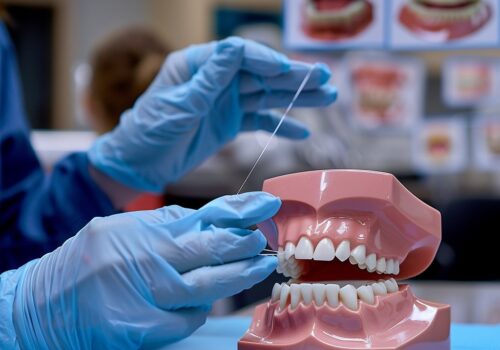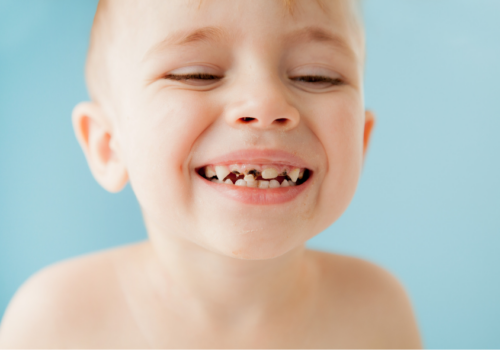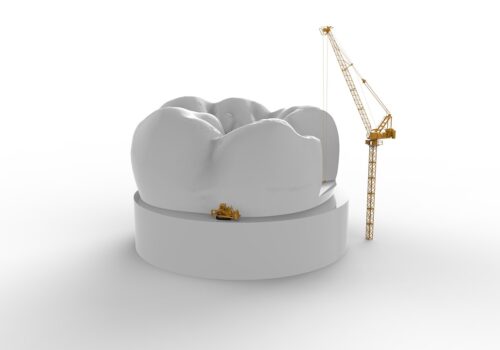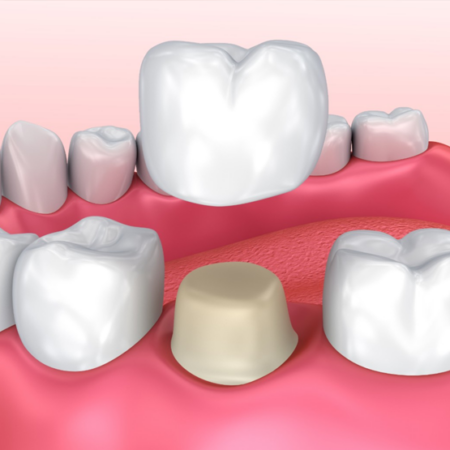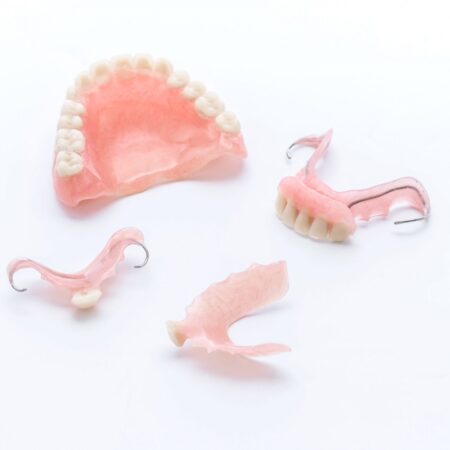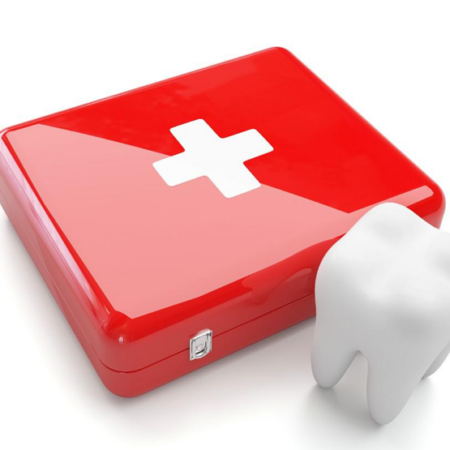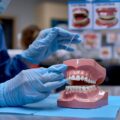Child Behavior Management in Dentistry: A Comprehensive Guide

Effective child behavior management is essential for providing optimal dental care. By understanding the unique challenges and implementing proven strategies, dental professionals can create a positive and stress-free environment for young patients.
Building Rapport and Trust
Establishing a strong connection with young patients is crucial for successful treatment. Effective communication, tailored to the child’s age and developmental level, fosters trust and cooperation. Incorporating age-appropriate language, explaining procedures clearly, and demonstrating empathy can significantly alleviate anxiety.
Creating a Child-Friendly Dental Experience
Transforming the dental office into a welcoming and engaging space is essential for a positive patient experience. Incorporating child-friendly elements such as colorful decor, age-appropriate toys, and entertainment options can help to reduce anxiety. Additionally, involving parents or caregivers in the process can provide comfort and support for the child.
Behavior Management Techniques
A variety of behavior management techniques can be employed to address different challenges. Positive reinforcement, distraction techniques, and modeling appropriate behavior are effective strategies. For children with heightened anxiety, relaxation techniques, such as deep breathing or guided imagery, can be beneficial. In cases of severe behavioral issues, consulting with a child psychologist or behaviorist may be necessary.
Special Considerations
Children with special needs require tailored approaches to behavior management. Creating a sensory-friendly environment, using visual aids, and providing consistent routines can be helpful. Effective communication with parents and caregivers is also essential for ensuring a positive dental experience.
The Role of the Dental Team
A collaborative approach is crucial for successful child behavior management. The entire dental team, including hygienists, assistants, and receptionists, should be trained in child-friendly techniques. Regular team meetings to discuss patient cases and share best practices can enhance the overall patient experience.
By implementing these strategies and fostering a positive dental environment, dental professionals can help children develop healthy oral habits and overcome dental anxiety. for more tips read our recent blogs




